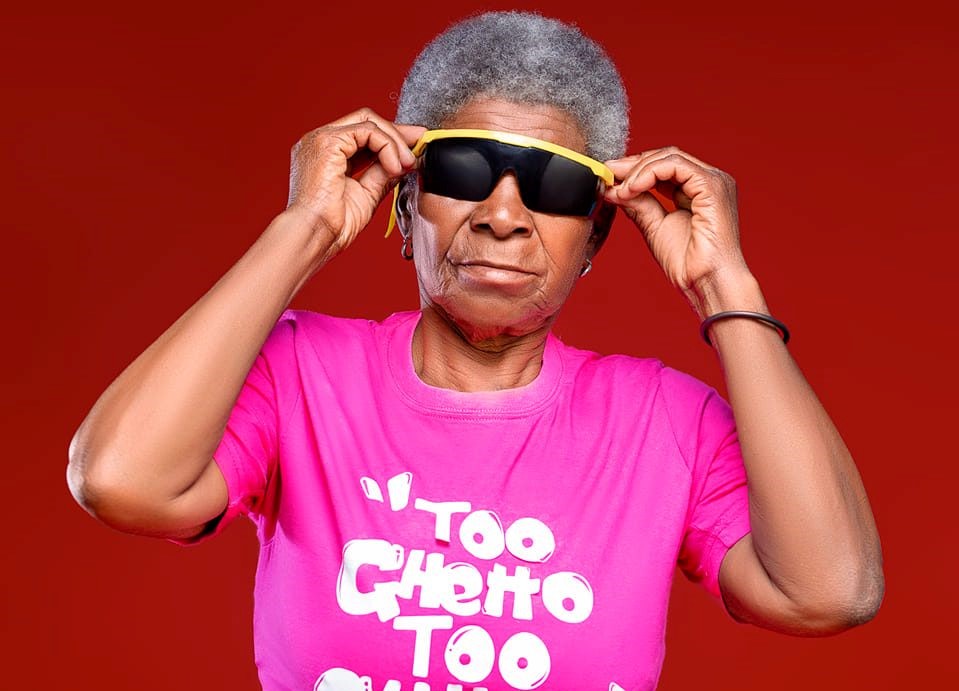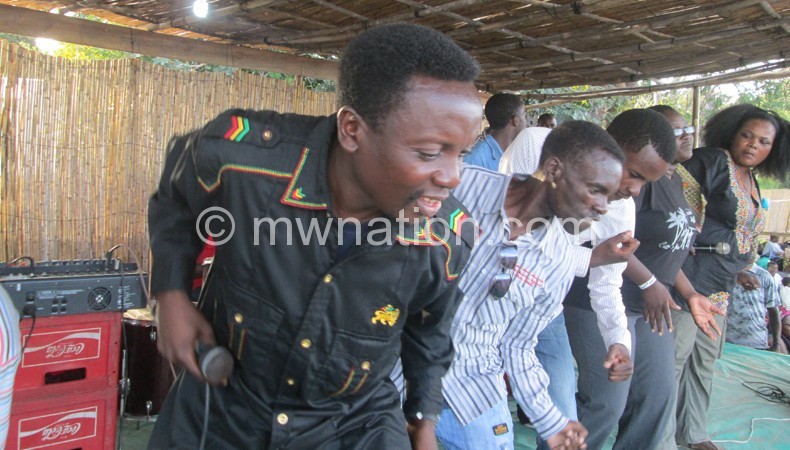He is alive: Mlaka is back

Mlaka Maliro has released his eleventh album titled He is Alive which is his sophomore effort since he turned to gospel music. Critics and commentators alike have remarked how Mlaka messages did not change much as he was already using the Bible as reference in his secular music.
In response, Mlaka told On the Arts that he has always been singing gospel songs with his choral beginnings in a church choir.
“I grew up in a Christian family where singing in a choir was expected of us, which is why my music has always included teachings from the Bible as reference,” said Mlaka.
Mlaka says he does not want to change his style just because he is in the gospel industry.
“I would like to remain Mlaka Maliro, if people say I still sound the same then I should say I am flattered because I do not want to start singing like some South African or Nigerian musician because I have turned gospel. If I do that, it is the musician I am copying that will be become famous and not me,” said Mlaka.
Mlaka surely took a one size does not fit all approach as his album is a mixed bag of various genres, something that might be interpreted as identity crisis in his newly found mission.
However, it might also be that he is trying to increase his fan base.
But a good musician always has a wide fan base despite the genre that is why those that are regarded classics have a specific genre that they cling to all the time.
Mlaka surprises the fans when he steps out of his comfort zone to sing a praise song Mukhale Nane in which he features the vocal skills of Allan Chirwa.
The praise has a South African touch to it and, if truth be told, the beat does not do much justice to Mlaka’s voice.
Mlaka cords could not contain the song and, to make matters worse, he features horse-voiced Allan Chirwa, who seemed more comfortable with the beat. This makes you forget that the song is Mlaka’s when you listen its second verse.
Mlaka said featuring other gospel artists was quite a task as they have different styles but he was able to find common ground on the beats.
“It was quite a task but it is not something I have never done before so I had to choose a beat that could work more for them,” said Mlaka.
Mlaka, however, slows down the tempo to accommodate Dennis Kalimbe of Ndirande Anglican Voices in the praise and worship duet Mukhululuke in which Mlaka and Kalimbe’s voices harmonise perfectly well with the choral vocal background, proof indeed that Mlaka comes from a church choir background.
Mlaka, however, incorporates his touch in most of the tracks in the album as he comes with parables like he did in his secular songs such as Dzanja Lalemba.
For instance, he talks about how burglars broke into his house with a toy gun, but marries the incident to the nature of Satan.
Mlaka says he does not like to write plain songs and that he likes to engage his fans in the process of searching for the meaning in his songs.
“I like my music to have deep thoughts and that they should be interpreted in a number of ways,” says the musician.
Mlaka brings in moral and social issues that might be considered as not very gospel in their approach, for example, in Udzingopemphera which talks about the suffering of people and how it is a hindrance to them to follow the Lord.
“I like to talk about real issues because we have issues that are current and I would not be doing justice to my mission if I was singing Paphiri ndi pa Dambo or Kwathu Sipadziko when there are a lot of issues happening to people,” said Mlaka.
Mlaka further adds that he would like to stay relevant to the times and said every artist dates their own songs as to what they want their lifespan to be.
“I want my songs to sound relevant for a long time,” said Mlaka.





